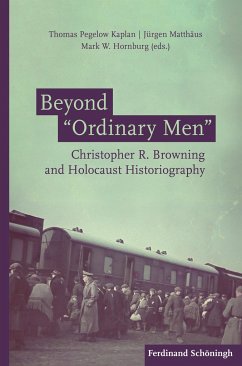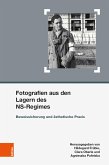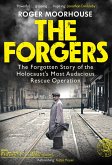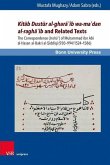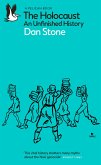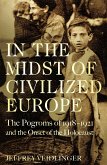Why do they kill?
The publication in 1992 of Christopher R. Browning's "Ordinary Men" raised crucial, previously unasked questions about the Holocaust: what made the members of a German police battalion - "middle-aged family men of working- and lowerclass background" - become mass murderers of Jewish children, women, and men? How does motivation tie in with other factors that prompt participation in the "final solution"? And what can survivor accounts convey about genocide perpetration? Reflecting on the work of one of the field's most influential scholars, the essays in this book explore the evolution and application of Holocaust historiography, identify key insights into genocidal settings and point to gaps in our knowledge of humanity's most haunting problem.
The publication in 1992 of Christopher R. Browning's "Ordinary Men" raised crucial, previously unasked questions about the Holocaust: what made the members of a German police battalion - "middle-aged family men of working- and lowerclass background" - become mass murderers of Jewish children, women, and men? How does motivation tie in with other factors that prompt participation in the "final solution"? And what can survivor accounts convey about genocide perpetration? Reflecting on the work of one of the field's most influential scholars, the essays in this book explore the evolution and application of Holocaust historiography, identify key insights into genocidal settings and point to gaps in our knowledge of humanity's most haunting problem.

